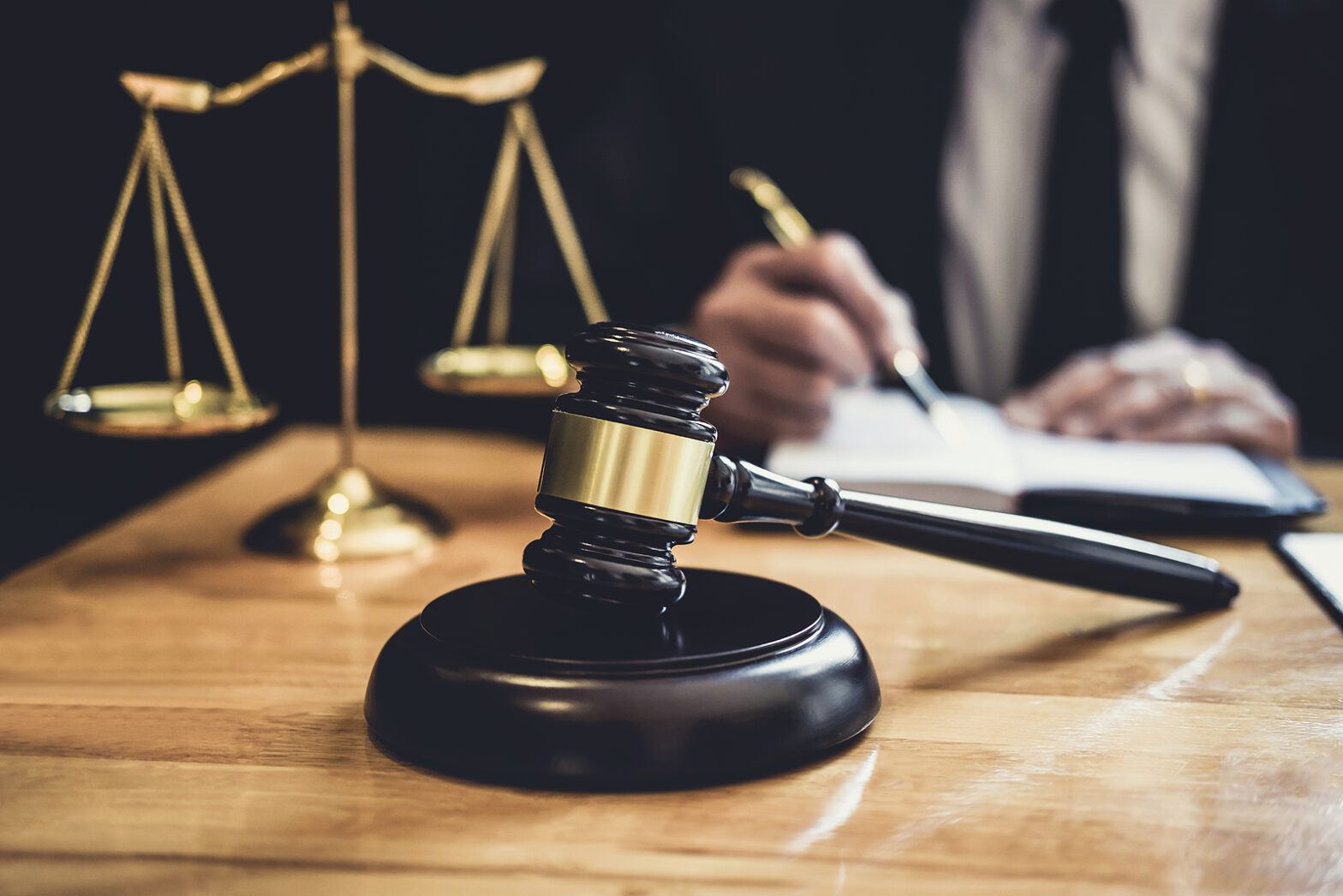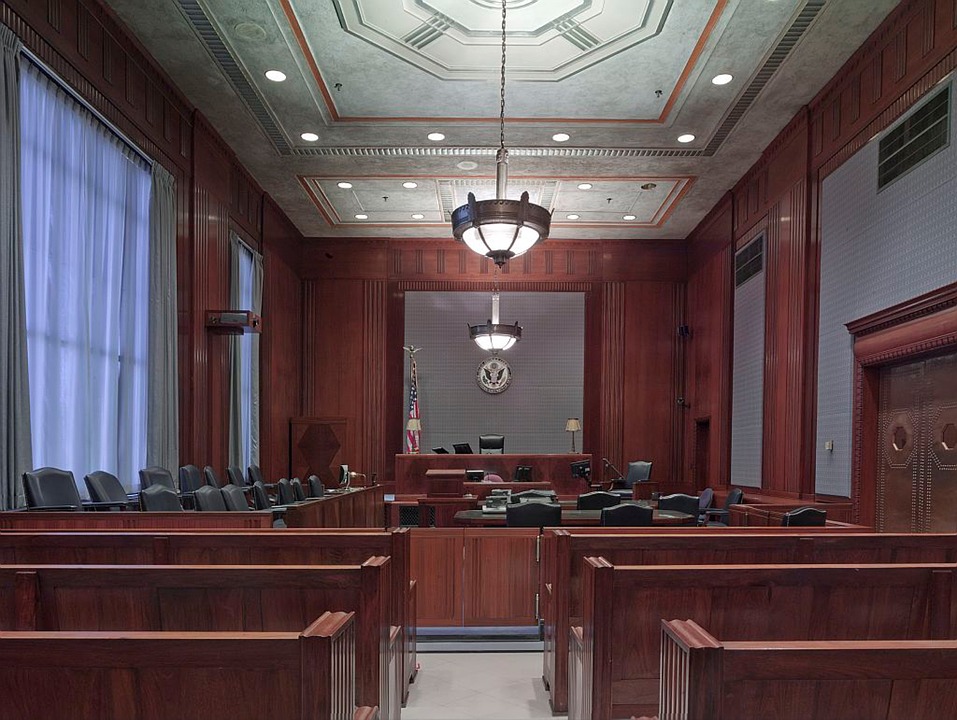How Long Do You Have to Wait Before Going to Court After You Are Arrested?
Did you recently receive a traffic ticket? Have you been accused of a crime? You may be wondering what will happen now. Depending on the offense, it could take a few weeks, several months, or even years to resolve your case.
You May Not Need to Go to Court to Resolve an Infraction
An infraction is the least severe offense and involves a traffic ticket or a citation for a minor violation such as speeding.

Resolving an infraction is generally an informal process. If you wish to plead guilty, many infractions can be handled via mail, telephone or online quickly without having to appear in court. Your citation or notice will tell you if you can resolve your case without a court appearance or if there is a mandatory appearance required. If you are cited for an infraction, you may have to:
- Pay a fine;
- Attend and complete a court-approved program such as traffic school; and
- Show proof to the court that you fixed a violation, such as renewing expired automobile registration or removing tinted windows.
If you want to contest a citation, you must request a court date. If you do, you or your attorney must appear in court on time on the date your trial is set to take place.
What Happens if You are Arrested for a Misdemeanor or a Felony?
If you are arrested for a misdemeanor or felony offense, three things usually happen:
- Authorities could charge you then release you “on your own recognizance” (O/R) along with a written promise to appear at a later date (also known as a “cite release”); or
- After you are charged, you could be taken into custody, transported to jail and booked. If jailers determine you are eligible for bail, bail is set. If you are able to post bail, you will be released and given a notice to appear in court; or
- If you are ineligible for or unable to post bail after being booked into custody, you will remain in jail until authorities transport you to appear in court.
How Long Can You Be Held in Custody Before Appearing in Court?
Following your arrest, the next step in the criminal process is arraignment. California Penal Code Section 825 requires that a defendant held in custody for a misdemeanor or felony be brought before a judge “without unnecessary delay” and within 48 hours of his arrest, excluding Sundays and holidays. If you post bail after you are arrested, you will be given a notification of your next court date at the time you are released. This court date is often weeks or months later than it would have been if you’d stayed in custody and is based on the court’s available calendar. If you are released on your own recognizance or given a citation, the citation will tell you when your arraignment date is.
Time to Trial Following Arraignment on Misdemeanor Charges
Both the United States and California Constitutions protect your right to a speedy trial. If you are being held in custody on a misdemeanor charge, you are entitled to a trial date no later than 30 days following the date you were arraigned or entered a plea, whichever is later. If you are not being held in custody, the court must set trial within 45 days following your arraignment or plea.
You are permitted to waive the right to a speedy trial in order to allow additional time for your attorney to prepare your defense. If you waive this right, your trial must start within 10 days from when the trial date is set.
Time to Trial Following Arraignment on Felony Charges

If you are facing a felony charge, you will be asked to enter a plea to criminal complaint. At the arraignment, you will:
- Be informed of the charges against you;
- Asked to enter an initial plea (usually “not guilty”);
- Informed of your constitutional rights; and
- Provided an attorney if you cannot afford one;
In felony cases, there is an intermediate stage between your initial arraignment and trial called a preliminary hearing where the district attorney must present sufficient evidence to convince a judge that there is probable cause that you committed the crimes you have been charged with. You have a right to have a preliminary hearing within 10 court days of your initial arraignment. Even if you waive your right to have a speedy preliminary hearing within the initial 10 days, the court must still set your hearing within 60 days of your arraignment unless you waive this right as well.
If the judge finds that there is probable cause that you committed the offenses you are charged with at a preliminary hearing, he will hold you to answer to those charges. The prosecutor will then file what is known as the “Information,” which is the formal complaint alleging the charges against you. Then, you will be arraigned on the Information.
The prosecutor must file the Information within 15 days of the date you are held to answer at the preliminary hearing. Your trial must start within 60 days of the arraignment on the Information.
What Happens If You’re Not Arraigned Within 72 Hours?
In the United States, a defendant cannot be held indefinitely without bail being set or an arraignment hearing being conducted. In general, defendants are arraigned within 24 hours. Under certain circumstances, however, you may have to wait up to 72 hours. If charges are not filed after the 72 hour period following your arrest, you will be released. However, the state still reserves the right to file charges later, as long as they do so within the statute of limitations. If you have been held for over 72 hours without an arraignment, you should seek an experienced defense attorney who can help you preserve your rights.
Contact Wallin & Klarich Today
If you or someone you know has been arrested on criminal charges, you should speak to one of our experienced criminal defense attorneys at Wallin & Klarich today. We may be able to help you avoid spending time in jail during your criminal case. Our attorneys at Wallin & Klarich have over 40 years of experience successfully representing our clients in Southern California. Our goal is to help you achieve the best possible outcome in your case.
Our offices are conveniently located near you in Los Angeles, Sherman Oaks, Torrance, Tustin, San Diego, Riverside, San Bernardino, Ventura, West Covina and Victorville. We are available 24 hours a day, 7 days a week to provide you with the personal attention you deserve and expect. You don’t have to go through this alone.
Call us today at (877) 4-NO-JAIL or (877) 466-5245 for a free telephone consultation. We will get through this together.



